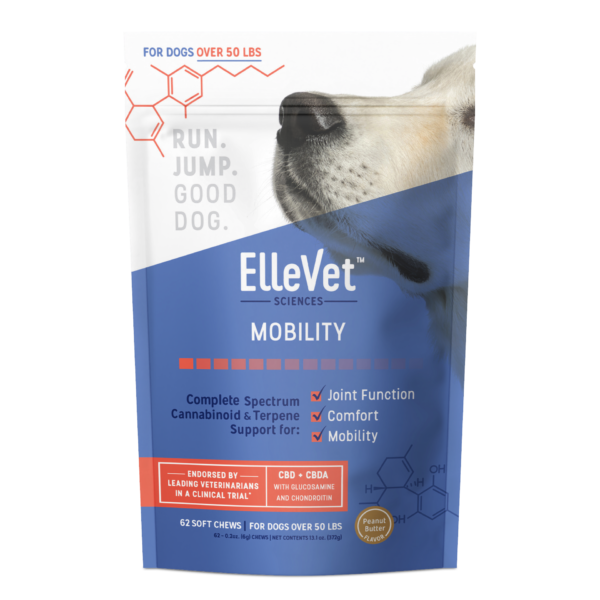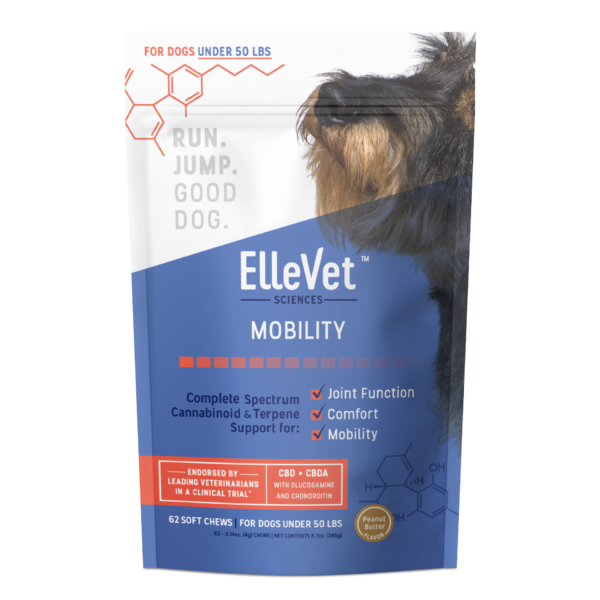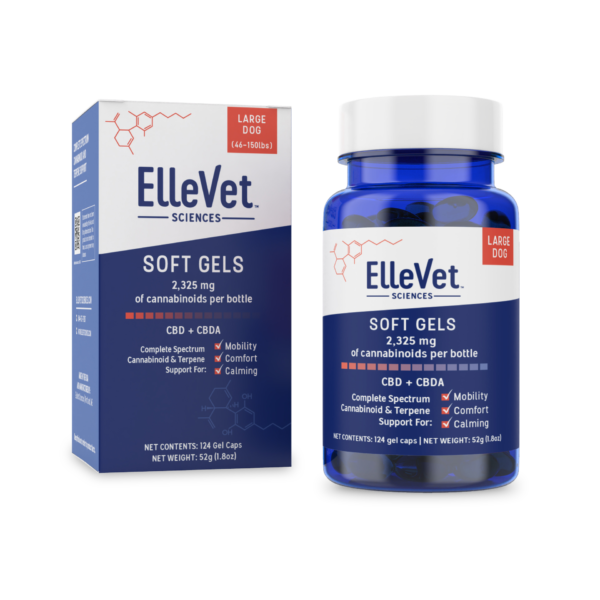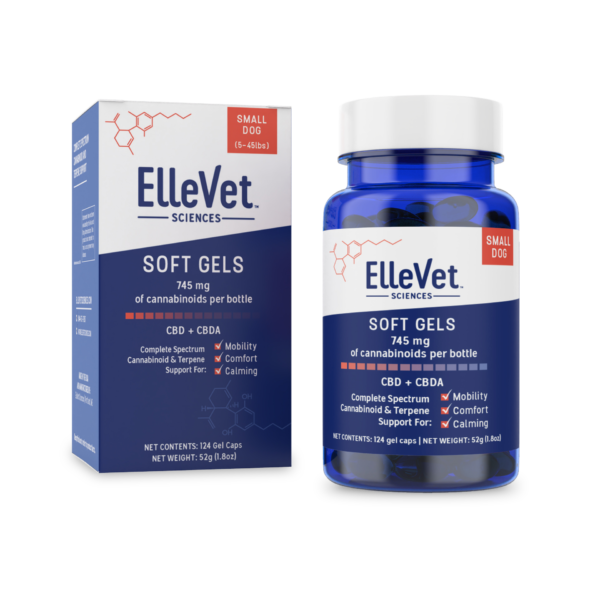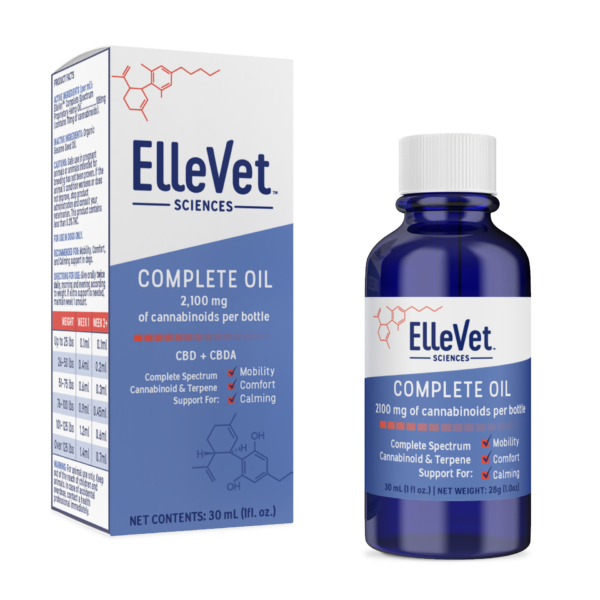Is your dog itching and scratching frequently? Does he seem uncomfortable or restless? Dogs can be itchy for many different reasons and as a dog owner it is important to understand what the root causes may be. We love our animals and want to make sure that they are comfortable, healthy, and thriving which includes calm skin.
One of the most common reasons for itching are “hot spots” or red, irritated areas that occur when your dog has rubbed, scratched or irritated that area excessively. Certain dog breeds are more prone to hot spots than others, such as golden retrievers, labrador retrievers, german shepherds, and rottweilers. All of these dogs have thick coats that trap moisture, making them predisposed to hot spots. During the summer, swimming and humid weather make hot spots more likely to develop when moisture is constantly trapped in their coats. Some treatments of hot spots include routine grooming, a cone to prevent scratching and licking the area, antibiotics, or creams. Shaving the fur around a hot spot can help greatly with healing and to make sure the area doesn’t remain wet and irritated. ElleVet’s CBD+CBDA products have anti-itching properties that can help address and calm your pet’s hot spots.
Hot spots can also occur if your dog is licking one spot excessively, which could be due to boredom. If your pet seems bored they may need more exercise or even a puzzle toy can help keep them mentally stimulated. Licking can also be a sign of nerves or stress, because just like humans, dogs can experience many different types of stress. Some of the most common things that can stress your pup are loud noises, new environments, or being left alone for long periods of time. Dogs are very social creatures and loneliness and lack of mental and physical stimulation takes its toll on animals. Licking can be a helpful indication to change your routine or to look closely at how much stimulation your dog is getting. Consulting with your veterinarian is a good idea if excessive licking continues even when your dog is properly socialized and exercised.
Dogs can also experience allergies from various allergens or foods. Environmental allergens such as mold, dust, grass or pollen can cause your dog to start itching. Many cases of environmental allergens are seasonal and they will typically impact your dog’s nose or ears more than other parts of their body. Symptoms of food allergies other than increased itching include: vomiting or other stomach issues, facial swelling, and chronic ear infections. If you believe that your dog may be reacting to their food consult your veterinarian who will be able to provide ideas for alternative food. Finally, they may be having an allergic reaction to a chemical or pesticide that they have come across, so make sure to use a hypoallergenic shampoo and regularly groom your dog to help them keep their coats clean and allergen free. Small dogs are often predisposed to itching and skin issues. Hair loss or patchy spots on your dog’s coat can also be an indicator of skin issues or allergies.
Licking may also be a sign of soreness, especially in older dogs who are more likely to struggle with joint stiffness. A dog may bite or lick an area of their body that is causing them discomfort and as a dog owner it is important to be aware of the signs of discomfort in our animals. ElleVet oils, chews, and soft gels have been shown to help limit joint stiffness and improve mobility and these products can help improve your dog’s overall wellbeing and limit their licking.
One of the most common reasons for dogs to be itchy are fleas, ticks or mites. Your vet can recommend the best way to get rid of these parasites on your dog, but make sure to clean your dog’s bed and vacuum the carpets and furniture in your house after treatment to avoid a reinfestation. Some dogs are specifically allergic to flea saliva so if they are itching more than normal and are red or have hair loss around the base of the tail that could be a sign of a flea allergy. Even one flea bite can cause a reaction in their whole body so being vigilant and using a flea prevention product can help tremendously. Mites or Mange are very serious and require veterinary attention to diagnose and resolve and can’t be treated at home.
Dogs can also experience dry skin, especially if you live in a place with low humidity. This may look similar to dandruff on humans and can cause your dog to itch and scratch constantly. Dry skin can be caused by environmental factors or commercial food, which often does not have the oils that contribute to healthy skin and coat. A high quality dog food is well worth it to make sure your dog’s coat stays shiny and healthy with calm skin. Over shampooing or grooming can cause dry skin, as dogs do not require the same frequency of bathing as humans.
If the itching doesn’t seem to get better or stop with any of these solutions please reach out to your veterinarian. The ElleVet team is also always there to help answer any questions you may have about your dog’s overall wellbeing and how we can help with itchy skin.
The ElleVet Team
844-673-7287
[email protected]

